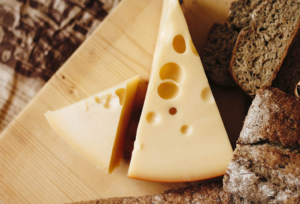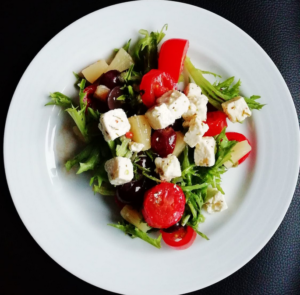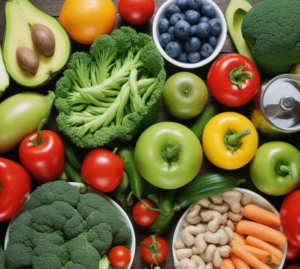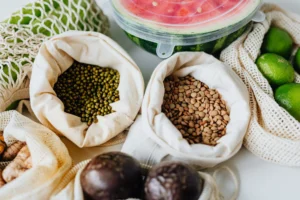Fall is a lovely season that embraces us with its warm tones and breezy air. It’s a season when we look for cozy surroundings, both for our own well-being and that of the world. We’ll explore the lovely world of slow cooking in this essay with an eco-friendly twist, where sustainability meets mouthwatering flavors.
Thoughtful Ingredient Choices
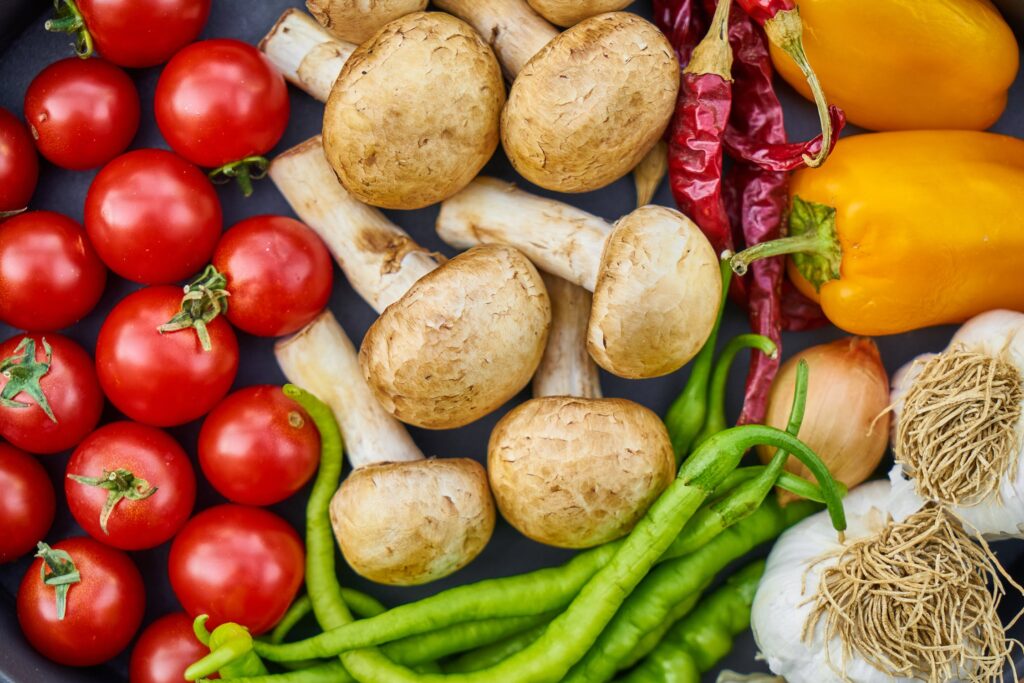
Let’s begin with the foundation of any delicious meal: the ingredients. Choose seasonal and locally farmed vegetables. This not only helps regional farmers but also lessens the carbon footprint of moving food. Additionally, seasonal items are flavored to the brim.
When you choose seasonal food, you not only get the best flavors but also practice environmental responsibility. These foods often have a lower environmental effect due to the fact that they require fewer resources to grow and transport. With ingredients like sweet potatoes, Brussels sprouts, and cranberries, embrace the brilliant hues of autumn.
Preserve the Autumn Harvest
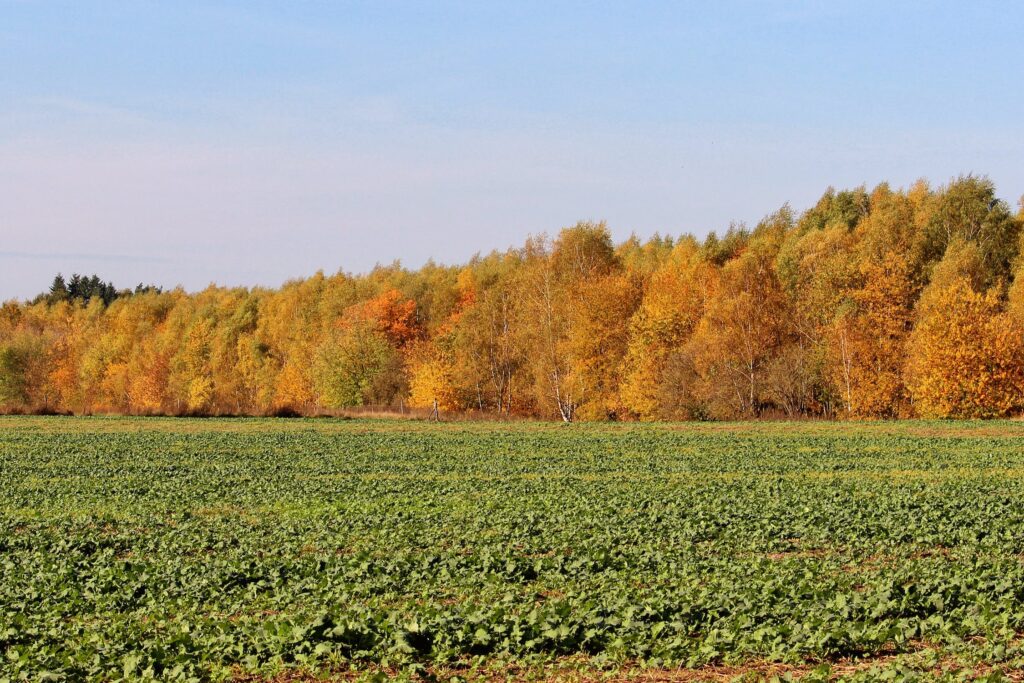
Autumn is a season of abundance. The best use of this cornucopia calls for patient cooking. To ensure that their flavor persists long after the leaves have fallen, extend the shelf life of seasonal favorites like apples, pumpkins, and butternut squash.
The harvest in the fall can be kept for flavor and longevity. By freezing or preserving extra produce, you may reduce food waste. To share resources and expertise, think about joining a local food preservation club.
Embrace Energy Efficiency

The gentle use of energy that slow cooking makes possible is one of its charms. Slow cookers are made to be energy-efficient, using a lot less electricity than other types of cooking. Therefore, you can simmer without being concerned about your impact on the environment.
Slow cookers are a green option for fall meals since they typically consume less energy than ovens or stovetops. Additionally, their prolonged cooking times may turn hearty veggies and rough cuts of meat into delectable dishes, saving you money on premium materials.
Sustainable Protein Picks
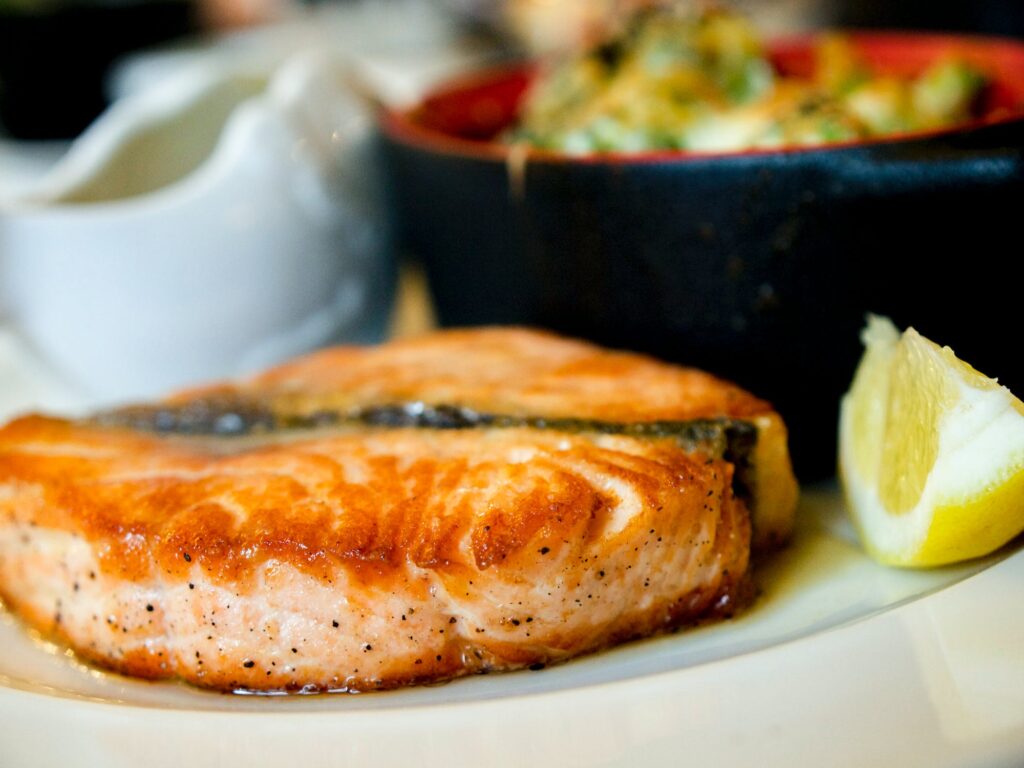
If you enjoy meaty recipes, think about using sustainable protein sources like grass-fed cattle, fowl kept on pasture, or fish that has been ethically fished. These decisions not only lessen your environmental impact but also support moral and compassionate farming methods.
A vital component of environmentally friendly slow cooking is sustainable protein. To make sure you’re making ethical decisions, look for labels like “Certified Humane” or “MSC Certified”. For a sustainable spin on traditional dishes, consider plant-based protein sources like beans, lentils, and tofu.
Waste Less, Savor More
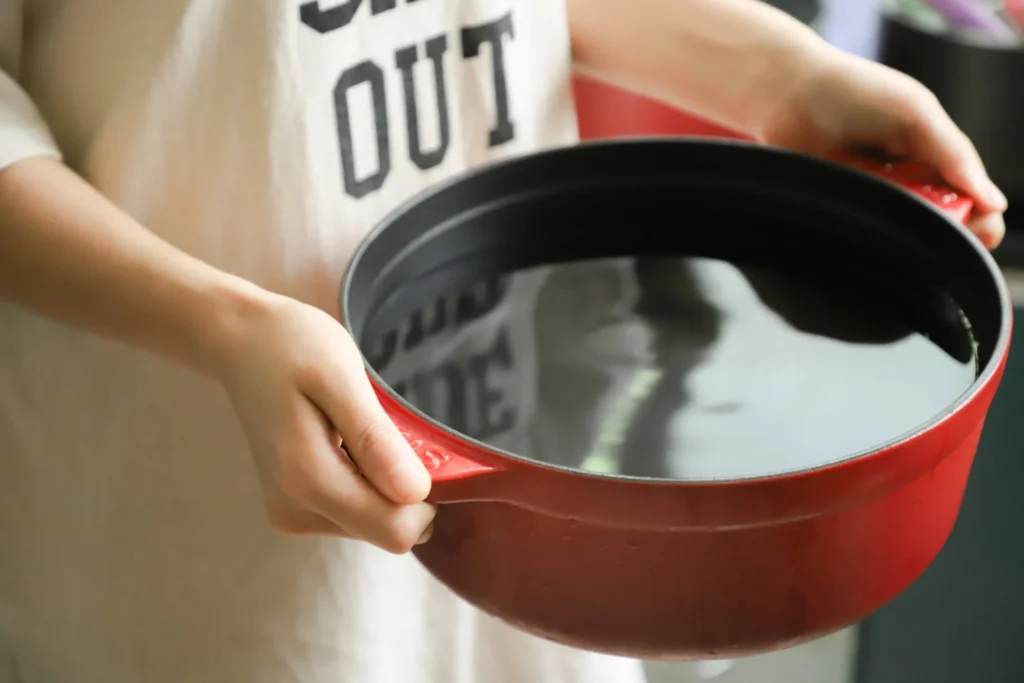
Cooking slowly stimulates creativity. Rich, savory recipes may be made with any component, from meat bones to vegetable scraps. This increases flavor while reducing waste.
A key component of sustainable cooking is minimizing food waste. Make inventive use of your leftover ingredients by creating soups, stews, and casseroles that turn leftovers into delectable dishes. You may reduce the amount of food waste and increase the sustainability of your meals by using every last piece of your supplies.
Use slow cooking to craft your broths
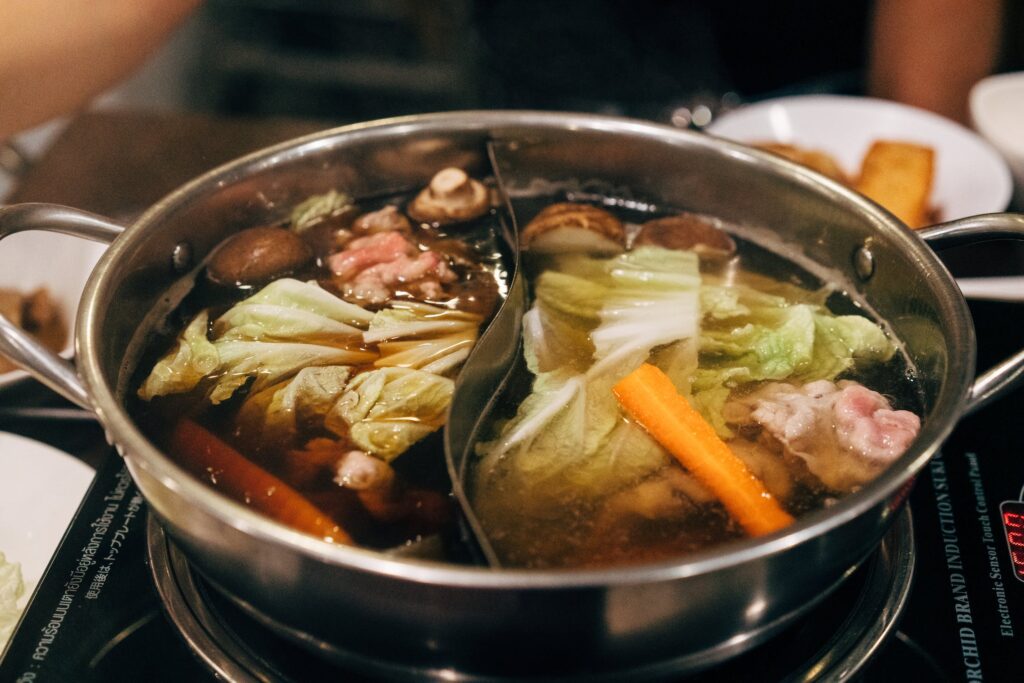
Say goodbye to store-bought stocks and broths in single-use containers. Make your own in its place. To make homemade stocks that are free of unnecessary waste, gather vegetable ends and meat leftovers.
In addition to enhancing the flavor of your food, homemade broths also lessen the need for manufactured goods. You may develop a sustainable cooking routine that is both gratifying and environmentally responsible by reusing products that might otherwise be thrown out.
Be Portion-Wise

Portion sizes for slow-cooked dishes are frequently large. Make use of this to portion your meals carefully. In addition to reducing food waste, sharing leftovers with friends or freezing surplus for later helps build a sense of community.
Portion control should be a part of your slow cooking regimen. To make it simple to eat leftovers later, invest in reusable containers. This decreases food waste and makes dinner preparation for busy days simpler.
Sustainable Cookware
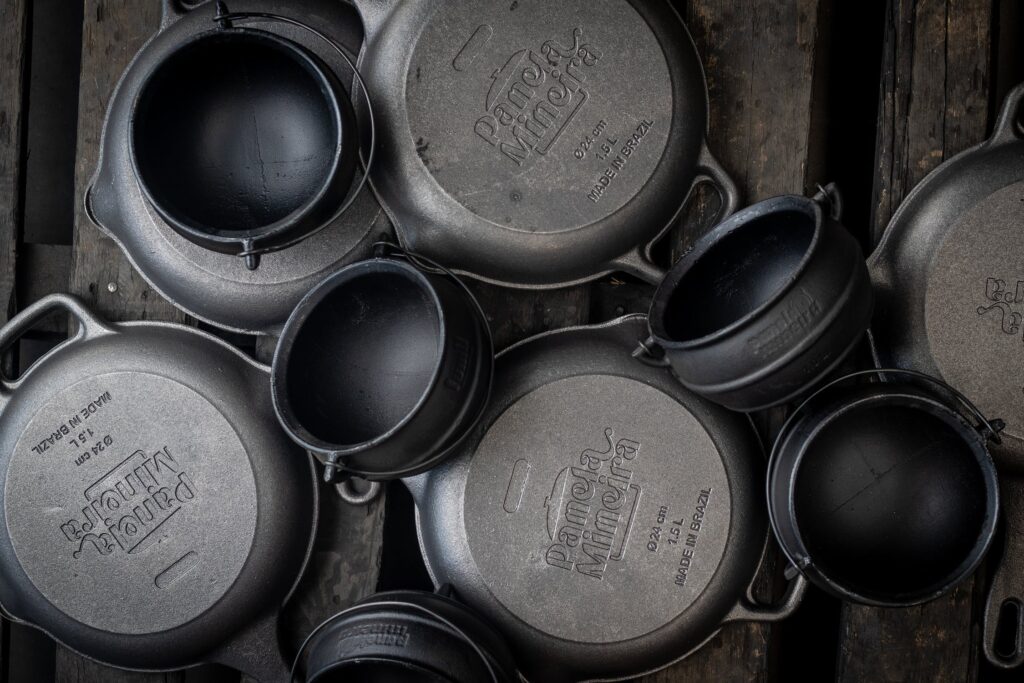
Consider investing in cookware that’s not just eco-friendly but also built to last. Cast iron and ceramic pots are durable choices that can serve you well for years to come. Avoid non-stick cookware with questionable coatings.
Durable cookware is an essential component of sustainable cooking. High-quality pots and pans can withstand the test of time, reducing the need for frequent replacements. When choosing cookware, prioritize longevity and consider products that come with warranties.
Composting Magic
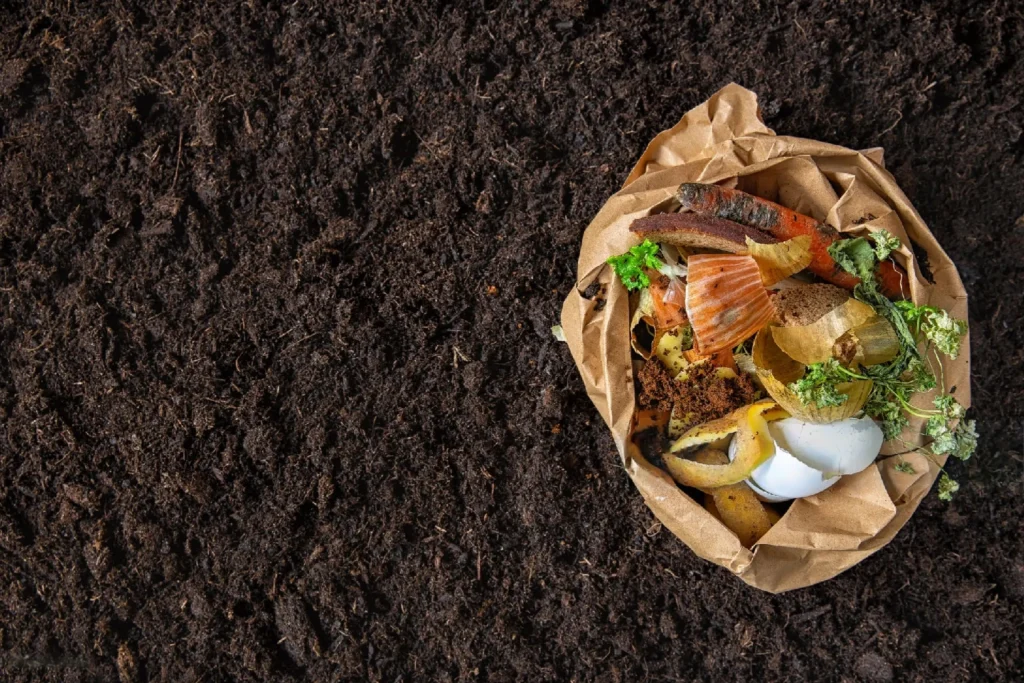
As you prepare your slow-cooked feasts, gather kitchen scraps for composting. Turning these scraps into nutrient-rich compost benefits your garden and reduces landfill waste.
Composting is a valuable eco-friendly practice that transforms kitchen scraps into a powerful resource for your garden. Invest in a compost bin or find local composting initiatives to join. By diverting organic waste from landfills, you play a vital role in reducing methane emissions and enriching soil health.
Mindful Eating

Not to mention, slow cooking promotes mindful eating. Enjoy every bite and be mindful of the work that goes into preparing it. This frequently results in smaller, more sensible portion sizes, enhancing both individual and environmental health.
A comprehensive approach to food enjoyment, mindful eating is fully compatible with sustainable living. You may avoid the urge to overeat, which can result in food waste, by taking your time with each bite. This routine strengthens your relationship with the food you eat and fosters a deeper appreciation for the sustainable decisions you make.

